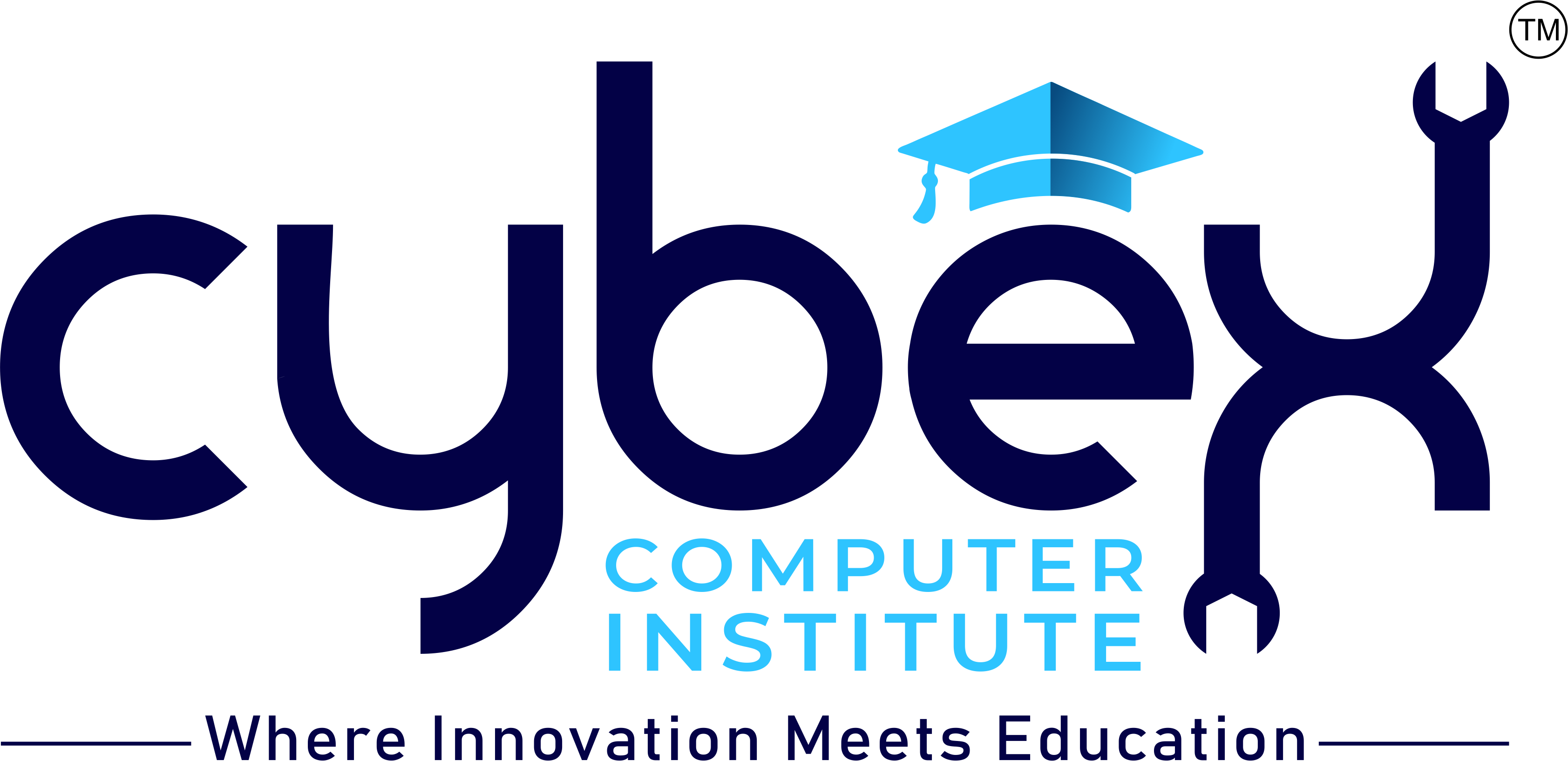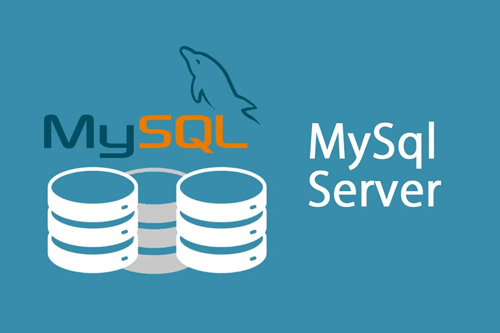Course Description:
This comprehensive program is designed to provide individuals with the essential knowledge and skills needed to effectively manage and utilize MySQL databases. Renowned for its ease of use, speed, and reliability, MySQL is a popular choice for data management and web development, making it an invaluable tool for various applications. This course offers a deep dive into MySQL, equipping participants with the expertise required to work proficiently with MySQL databases and pursue opportunities in database administration and related fields.
Course Outline:
- Introduction to MySQL:
- Overview of MySQL: history, features, and use cases.
- Setting up MySQL: installation and configuration on different operating systems.
- Introduction to MySQL Workbench: navigating the user interface and tools.
- Basic MySQL Operations:
- SQL Fundamentals:
- Understanding MySQL syntax: basic commands and query structure.
- Writing and executing simple SQL queries to retrieve data.
- Database and Table Management:
- Creating and managing databases and tables using SQL commands.
- Defining data types, constraints, and table relationships.
- SQL Fundamentals:
- Data Manipulation:
- Inserting Data:
- Adding records to tables with the INSERT INTO statement.
- Updating Data:
- Modifying existing data using the UPDATE statement.
- Deleting Data:
- Removing records with the DELETE FROM statement.
- Inserting Data:
- Querying and Filtering Data:
- Selecting Data:
- Using the SELECT statement to retrieve specific data from tables.
- Filtering results with the WHERE clause and logical operators.
- Sorting and Grouping Data:
- Sorting results with the ORDER BY clause.
- Grouping data using the GROUP BY clause and performing aggregate functions.
- Selecting Data:
- Joins and Relationships:
- Types of Joins:
- Understanding and applying different types of joins: INNER JOIN, LEFT JOIN, RIGHT JOIN, and FULL JOIN.
- Combining Data from Multiple Tables:
- Integrating data across related tables to produce comprehensive results.
- Types of Joins:
- Indexes and Performance Optimization:
- Using Indexes:
- Creating and managing indexes to enhance query performance.
- Optimizing Queries:
- Techniques for writing efficient SQL queries and analyzing query performance.
- Using Indexes:
- Stored Procedures and Triggers:
- Stored Procedures:
- Creating and using stored procedures to encapsulate SQL logic.
- Triggers:
- Implementing triggers to automate actions in response to changes in data.
- Stored Procedures:
- Data Security and Access Control:
- User Management:
- Creating and managing user accounts and permissions.
- Implementing role-based access control to secure data.
- Backup and Recovery:
- Performing database backups and restores to ensure data integrity and availability.
- User Management:
- Advanced MySQL Features:
- Transactions:
- Understanding and managing transactions to ensure data consistency.
- Views:
- Creating and utilizing views to simplify complex queries and enhance data security.
- Transactions:
- Integration and Application Development:
- Connecting to MySQL:
- Integrating MySQL with various programming languages (e.g., PHP, Python) for application development.
- Using MySQL in Web Development:
- Best practices for using MySQL in web applications and content management systems.
- Connecting to MySQL:
- Practical Projects and Case Studies:
- Hands-On Projects:
- Applying learned skills through practical exercises and real-world projects.
- Case Studies:
- Analyzing and solving database management scenarios to demonstrate proficiency in MySQL.
- Hands-On Projects:
Learning Outcomes:
By the end of this course, participants will have a comprehensive understanding of MySQL and its applications. They will be proficient in managing databases, writing and optimizing SQL queries, and utilizing advanced MySQL features. Participants will also gain practical experience through projects, preparing them for roles in database administration, data analysis, and application development.
Target Audience:
This course is ideal for individuals who want to develop expertise in MySQL, including aspiring database administrators, web developers, and data analysts. It is suitable for those seeking to enhance their skills in database management and open up career opportunities in the data management and technology fields.
Whether you are new to MySQL or looking to deepen your existing knowledge, this course provides the essential tools and knowledge needed to excel in working with MySQL databases and advancing your career in database-related roles.




